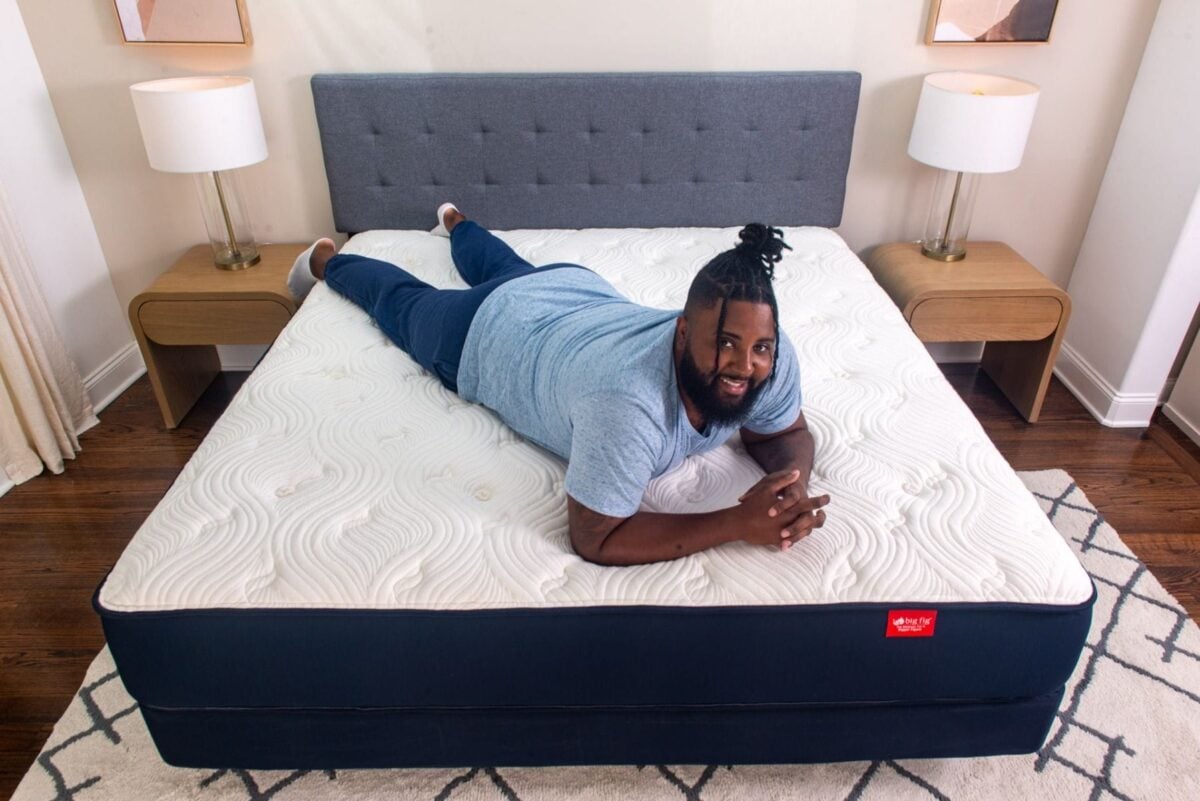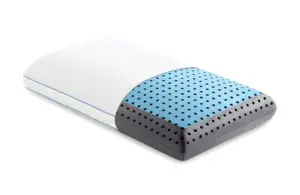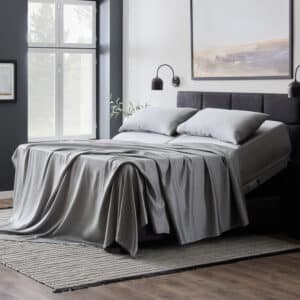Beginner’s Guide to Understanding Sleep Apnea Risks
Understanding Sleep Apnea Risks: Can Sleep Apnea Kill You?
Sleep apnea is more than just a troublesome snoring problem—it’s a serious medical condition that can have devastating effects on your health. The question on many people’s minds is: Can sleep apnea kill you? The alarmingly concise answer is yes; untreated sleep apnea can lead to life-threatening complications. This article aims to explore the risks associated with sleep apnea and why it’s crucial to seek diagnosis and treatment.
Alarming Facts About Sleep Apnea Risks
Before diving deeper into the specifics, here are some quick and alarming facts about sleep apnea:
– Sleep apnea can increase the risk of heart failure, strokes, and other serious health conditions.
– Individuals suffering from severe sleep apnea are significantly more likely to be involved in car accidents or work-related injuries.
– Diagnosing and treating sleep apnea early is essential in mitigating these risks.
The Broader Impact of Sleep Apnea on Health
Untreated sleep apnea doesn’t just rob you of a good night’s sleep—it can contribute to grave health issues, including high blood pressure, diabetes, and various cardiovascular diseases. Acknowledging the risks of untreated sleep apnea is vital for safeguarding your health.
What is Sleep Apnea?
At its core, sleep apnea is characterized by repeated interruptions in breathing during sleep, which can last from a few seconds to minutes and occur 20 to 30 times or more each hour. This incessant stopping and starting disrupts your sleep pattern, resulting in drops in oxygen levels in your blood.
Types of Sleep Apnea
1. Obstructive Sleep Apnea (OSA): The most prevalent form, OSA occurs when the throat muscles relax excessively, obstructing the airway. This type often leads to loud snoring and can be associated with choking sensations during sleep.
2. Central Sleep Apnea (CSA): This less common type arises not from a physical blockage, but from the brain failing to properly signal the muscles that control breathing. It’s often linked to serious medical issues and can present with symptoms like shortness of breath and awakenings throughout the night.
3. Complex Sleep Apnea Syndrome: A hybrid of OSA and CSA, this condition presents unique treatment challenges, as patients may require a combination of therapies for effective management.
Can Sleep Apnea Kill You?
Indeed, sleep apnea poses significant health risks that can lead to fatal outcomes. Here’s how it affects your body:
The Cycle of Low Oxygen and High Carbon Dioxide Levels
Whenever breathing stops, oxygen levels in your body plunge while carbon dioxide levels rise. This oscillation creates stress on your organs, particularly the heart and brain, increasing the risk of permanent damage.
The Role of Your Sympathetic Nervous System
Each interruption in breath triggers your body’s fight or flight response. Adrenaline gets released, leading to elevated blood pressure and heightened stress levels. Long-term activation of this system can predispose individuals to severe cardiovascular issues.
Long-Term Health Risks of Untreated Sleep Apnea
Ignoring sleep apnea can result in an array of serious, potentially life-threatening health conditions:
1. Cardiovascular Disease: Untreated sleep apnea can double your risk of dying from heart disease. The lack of adequate oxygen forces your heart to work overtime, resulting in conditions such as hypertension and arrhythmias.
2. Diabetes: There is a compelling link between sleep apnea and insulin resistance, heightening the risk of type 2 diabetes.
3. Stroke: The frequency of oxygen deprivation may cause troubling alterations in blood vessels, doubling stroke risk in those afflicted with untreated sleep apnea.
4. High Blood Pressure: Persistent stress from inadequate oxygen can result in chronic high blood pressure, a key factor for various cardiovascular diseases.
5. Heart Failure: The prolonged strain placed on the heart may eventually lead to heart failure, a serious condition that hinders the heart’s ability to pump blood.
6. Sudden Cardiac Death: In dire circumstances, sleep apnea can result in sudden cardiac death due to acute oxygen deprivation.
Recognizing the Signs and Symptoms of Sleep Apnea
Awareness of the warning signs associated with sleep apnea is vital for timely intervention. Here are some indicators to look out for:
– Snoring: Not every snorer suffers from sleep apnea; however, loud and persistent snoring warrants attention, especially if it involves choking or gasping.
– Daytime Fatigue: Chronic tiredness, even after a full night’s rest, can signal sleep apnea.
– Mood Swings: Emotional fluctuations, irritability, or anxiety may arise due to disrupted sleep.
– Morning Headaches: Frequent headaches upon waking can be a sign of low oxygen levels during the night.
– Dry Mouth: Awakening with a dry mouth often indicates mouth breathing during sleep, common in sleep apnea patients.
When to Consult a Doctor
If you suspect you have sleep apnea or experience symptoms mentioned above, seeking medical advice is crucial. Here’s what to consider:
– Partner Observations: Often, bed partners notice the symptoms first. Take their observations seriously.
– Sleep Disturbances: Frequent awakenings, especially gasping or choking episodes, necessitate a doctor’s visit.
– Sleep Studies: Healthcare providers may recommend sleep studies to monitor your breathing patterns, discover potential issues, and guide treatment.
Conclusion
In conclusion, understanding the risks of untreated sleep apnea is paramount. Yes, sleep apnea can indeed kill you; however, the silver lining is its treatability. Taking decisive action can dramatically enhance your overall health, well-being, and quality of life.
Prioritizing treatment through lifestyle changes, medical interventions, or CPAP therapy can lead to significant improvements, ultimately helping you reclaim restful sleep. Don’t ignore the signs—consult a healthcare provider today and embark on the journey toward better sleep health. At Yawnder, we’re dedicated to offering resources and support on your path to restorative sleep.


















